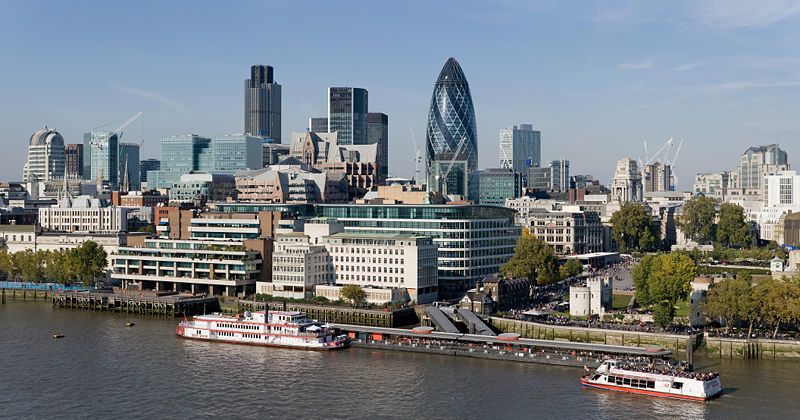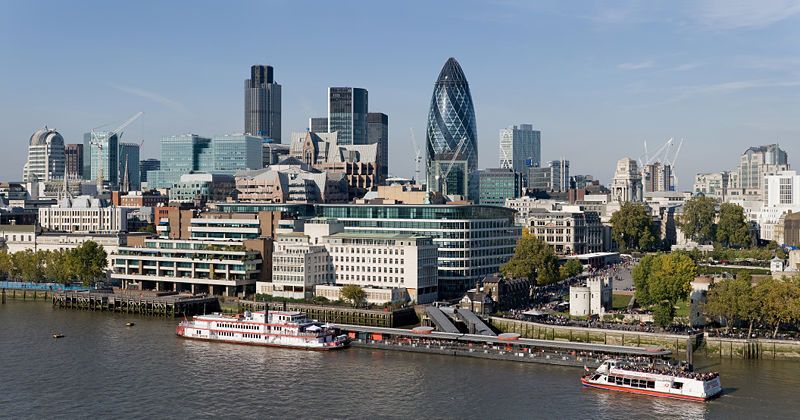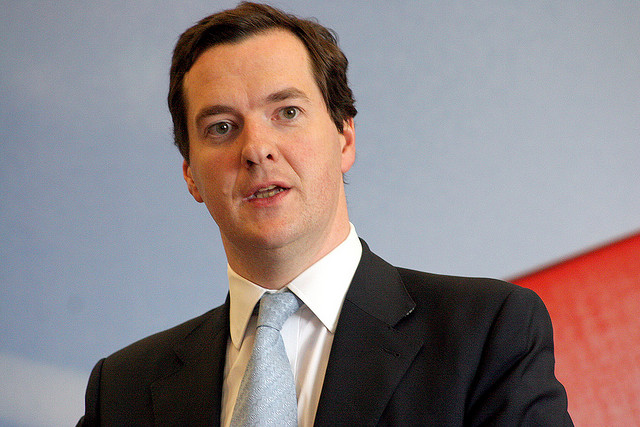CRC reforms could save businesses billions
Government plans to simplify the Carbon Reduction Commitment Energy Efficiency Scheme (CRC) could save businesses millions of pounds.


Government plans to simplify the Carbon Reduction Commitment Energy Efficiency Scheme (CRC) could save businesses millions of pounds.
Under new proposals announced by the UK government this week, participants could see their administrative costs cut by almost two-thirds, equating to around £330 million of savings up to 2030.
The CRC, a mandatory UK-wide trading scheme, covers large business and public sector organisations, responsible for 12 percent of the nation’s carbon emissions.
It requires businesses to report on and pay a tax on energy used, and ranks businesses in a performance league table which provides a further reputational incentive to improve their energy efficiency.
The CRC is expected to deliver carbon savings of 21 metric tonnes of carbon dioxide by 2027. 
Last week, George Osborne, the UK finance minister, said in his budget statement that the CRC “is cumbersome, bureaucratic and imposes unnecessary costs on business.”
Osborne added that if major savings on the administrative costs could not be achieved then the CRC would be scrapped and replace with an alternative environment tax.
Since its introduction, the CRC has been the subject of widespread criticism, with many claiming that the scheme is far too costly, confusing and unreasonable.
However, the government claims that businesses support the simplification of the scheme, and will now have the opportunity to comment on the planned reforms.
“We have listened to businesses' concerns about the CRC and have set out proposals to radically cut down on ‘red tape’ to save businesses money,” said Secretary of State, Edward Davey.
“The benefits of the scheme are clear though. It will deliver substantial carbon savings helping us to meet carbon budgets, and it encourages businesses to take action to improve their energy efficiency”.
.jpg) The package proposed is aimed at retaining the energy-saving and reputational benefits of the CRC, whilst reducing the bureaucracy of taking part.
The package proposed is aimed at retaining the energy-saving and reputational benefits of the CRC, whilst reducing the bureaucracy of taking part.
Included in the so called ‘simplification package’ will be a shortening of the CRC qualification process, and a reduction in both the number of fuels covered by the CRC from 29 to four, and the amount of reporting required by businesses.
In addition, new emissions factors will be adopted for the CRC, which will align it with Greenhouse Gas reporting processes and the detailed metrics of the
Performance League Table will no longer be under legislation but only government guidance.
A formal consultation will run for a period of twelve weeks, with the government set to amend the CRC legislation by April next year.
Image 01: Dilif | Wikimedia Commons
Image 02: altogtherfool | Flickr
Image 03: Climate Action Stock Photo





